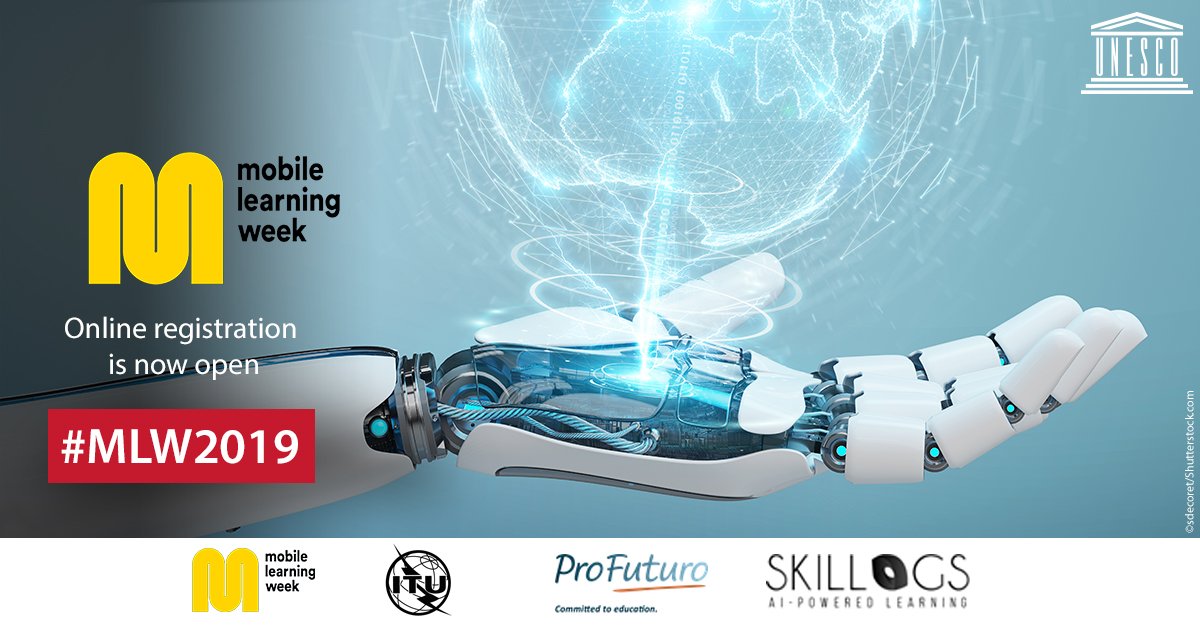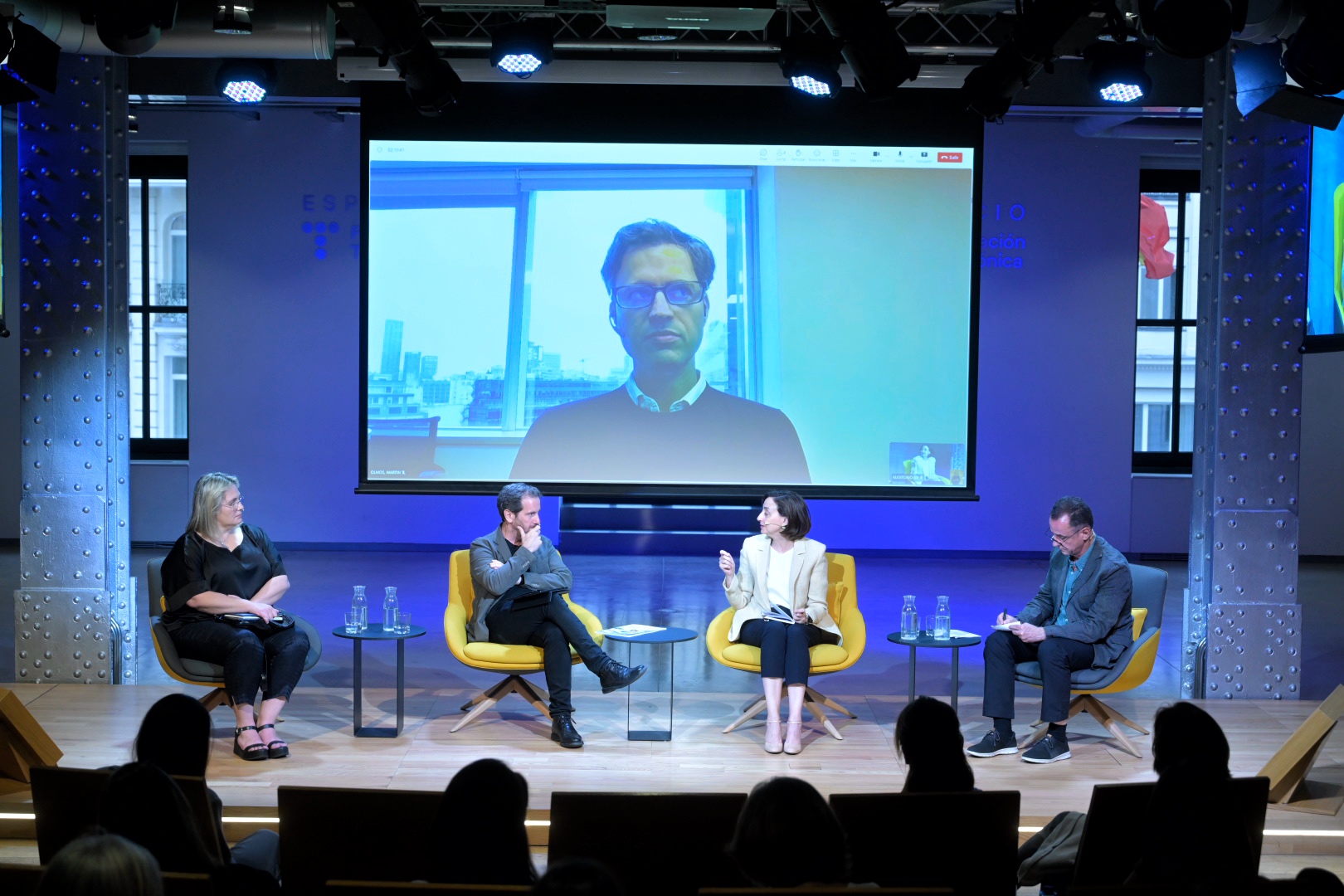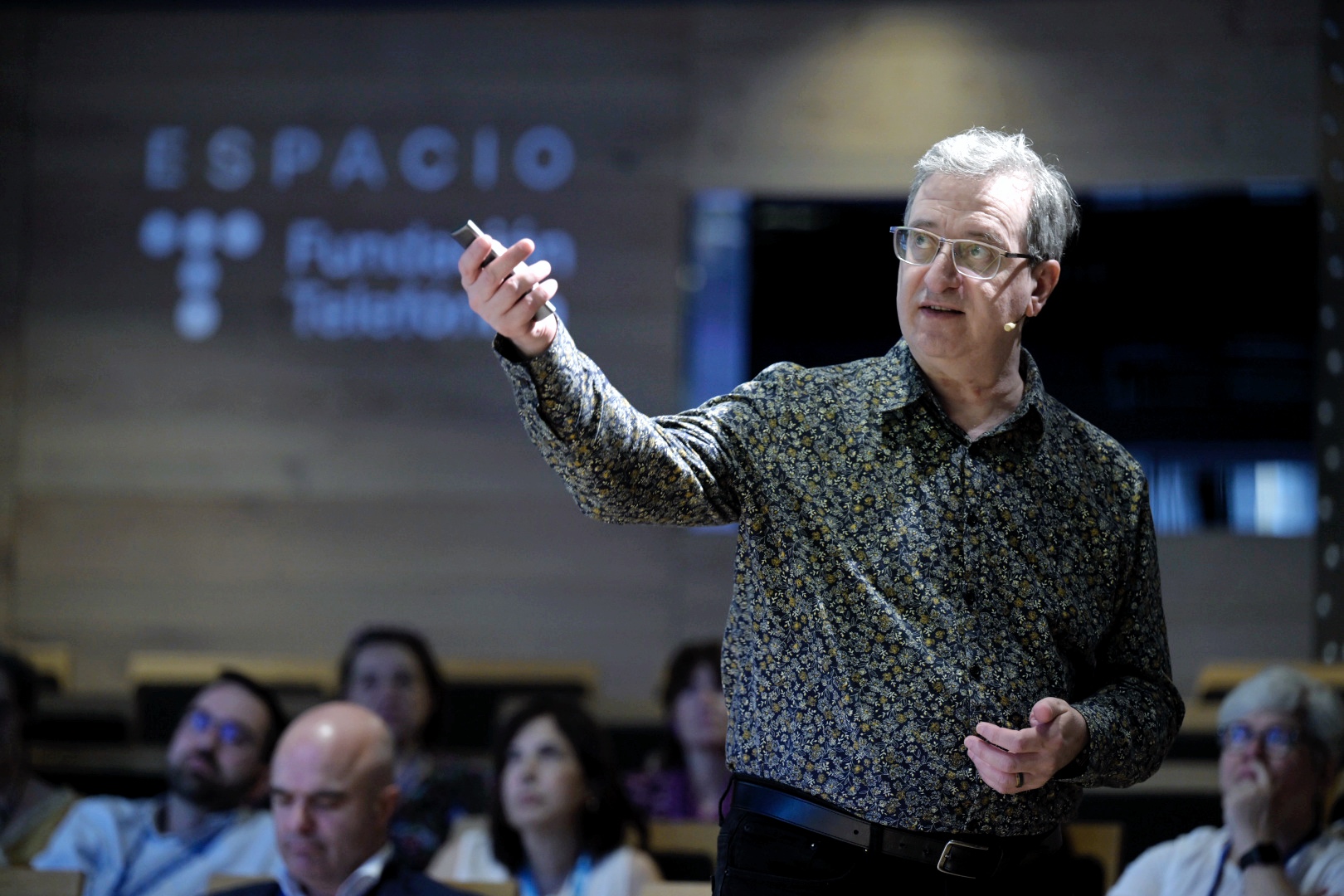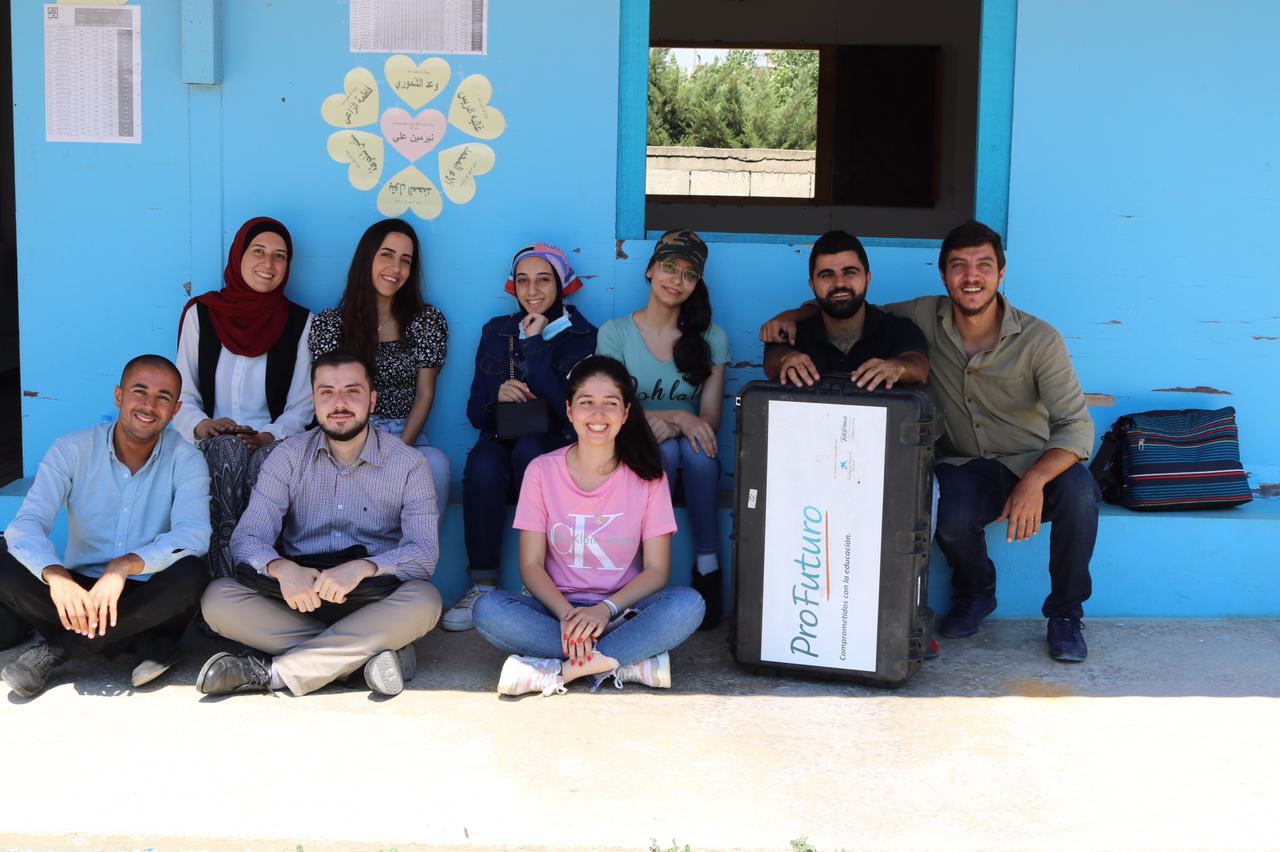ProFuturo, in partnership with UNESCO and the International Telecommunication Union (ITU) will convene a special edition of Mobile Learning Week (MLW) under the theme ‘Artificial Intelligence for Sustainable development’ from 4 to 8 March 2019, at the UNESCO Headquarters building in Paris (France). The event convenes experts from around the world to share how affordable and powerful mobile technology – from basic handsets to the newest tablet computers – can accelerate learning for all, particularly people living in disadvantaged communities. During the entire week, exhibitions and demonstrations of innovative AI applications for education and more than 20 workshops will be organized by international partners and all programme sectors of UNESCO.

Mobile Learning Week is the United Nations’s flagship ICT in education conference. Held annually at UNESCO Headquarters in Paris, the event convenes experts from around the world to share how affordable and powerful mobile technology – from basic handsets to the newest tablet computers – can accelerate learning for all, particularly people living in disadvantaged communities.
The conference is composed of numerous tracks, typically including workshops, a symposium, a high-level policy forum and a research seminar. These tracks engage a wide range of participants, including policy-makers, project managers, educators, researchers, and representatives of NGOs, international organizations and private companies.
Holistically the event seeks to advance understandings of how technology can be leveraged by UNESCO Member States and others to improve education
ProFuturo, in partnership with UNESCO and the International Telecommunication Union (ITU) will convene a special edition of Mobile Learning Week (MLW) from 4 to 8 March 2019, at the UNESCO Headquarters building in Paris (France).
The five-day event, under the theme ‘Artificial Intelligence for Sustainable development’ will start with the ‘Global Conference – Principles for AI: Towards a humanistic approach?’, followed by a one-day Policy Forum and Workshops, a two-day International Symposium and a half-day of Strategy Labs.
On 8 March, towards the close of MLW, participants will be invited to join the celebration of International Women’s Day, particularly a debate on Women in AI to be held in UNESCO Headquarters. During the entire week, exhibitions and demonstrations of innovative AI applications for education and more than 20 workshops will be organized by international partners and all programme sectors of UNESCO.
The breakthrough in AI
AI has risen to the forefront of public discourse in recent years. The breakthrough in AI is on an accelerated development path, and has been further propelled by innovations in other frontier technologies, including cloud computing, big data, Internet of Things, and virtual reality. As a convergence of a widening spectrum of frontier technologies, AI has garnered the potential to bring new possibilities for global development and societal change.
The transformative power of AI crosses all economic and social sectors, including the education sector. In particular, AI has the potential to accelerate the process of achieving SDG 4. It promises to reduce barriers to access education, automate management processes, analyse learning patterns and optimise learning processes with a view to improving learning outcomes. However, the penetration of AI in education comes with concerns about ethics, security and human rights. Without policy intervention, the commercial deployment of AI will also exacerbate digital divides and deepen existing income and learning inequalities, as marginalised and disadvantaged groups are more likely to be excluded from AI-powered education.
The rapid growth in AI technologies will also significantly impact the skills required by different sectors. Already today, there is a major skills gap in the labour market when it comes to AI-related jobs and skills. Educational institutions and training providers will need to address these skills gaps to ensure that future graduates will meet the requirements of the job market and enable an AI-literate citizenry. As frontier technologies, AI processors and AI applications become the new norm for smartphones and other mobile devices, mobile learning is entering a new epoch. At the dawn of the next generation of mobile learning, AI-augmented mobile learning – Intelligent Mobile Learning – has arrived, but its key potentials remain to be explored and unleashed. There is a strong need for a holistic review of its implications for equity and inclusion in education, efficiency of education management, quality of learning, and skills development.
To maximize AI’s benefits and mitigate its potential risks, system-wide planning and collective actions to reinvent the core foundation of education and learning are required. The rapid deployment of AI in education tests the readiness of stakeholders to harness AI, posing new challenges pertinent to all areas of education and learning, such as policy planning, curriculum and resources development, teacher education, and skills development.






